HR consulting that strengthens leadership, retains talent and enhances careers.
Maximise the potential of your people, brand and careers with deliberatepractice’s expert HR consulting service.

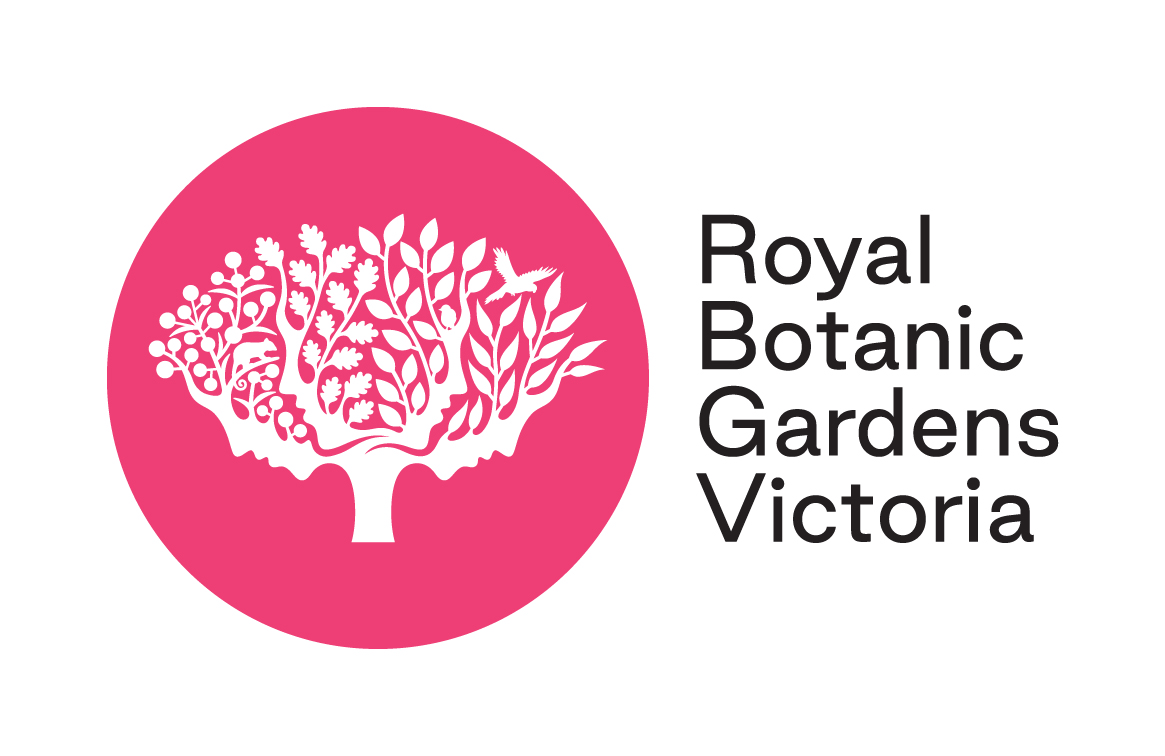


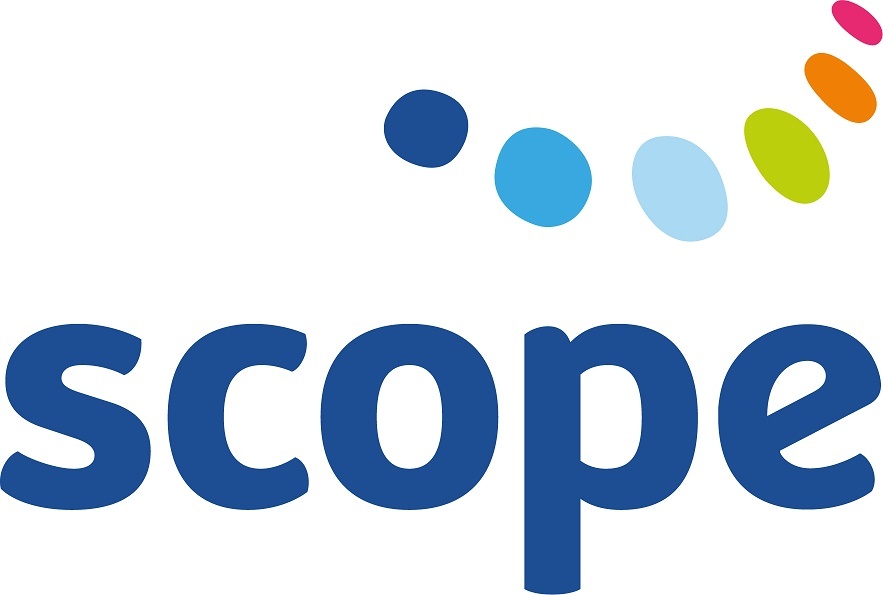








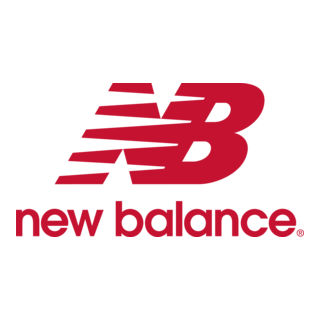

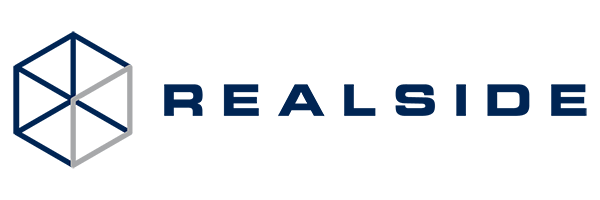


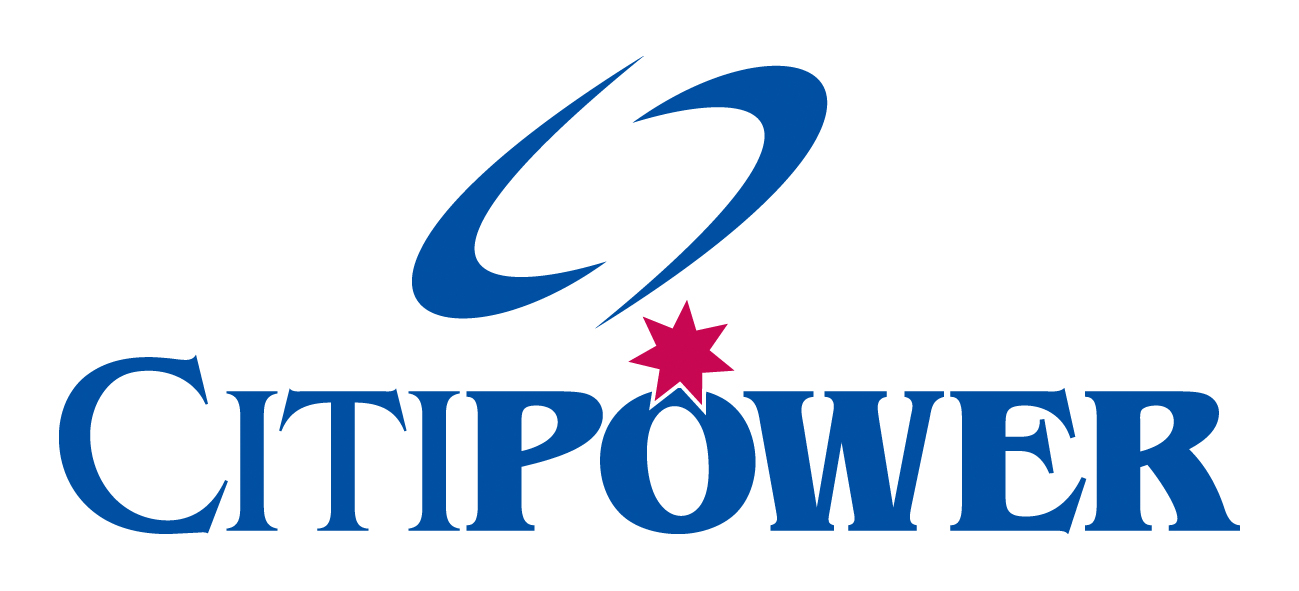
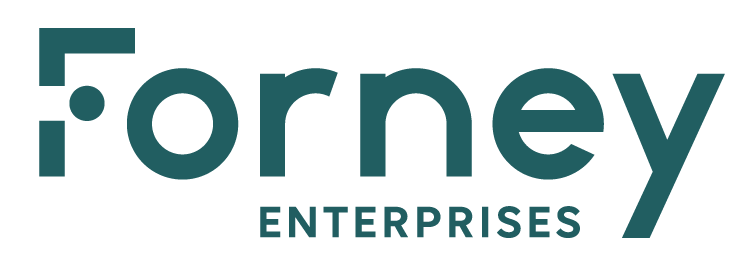


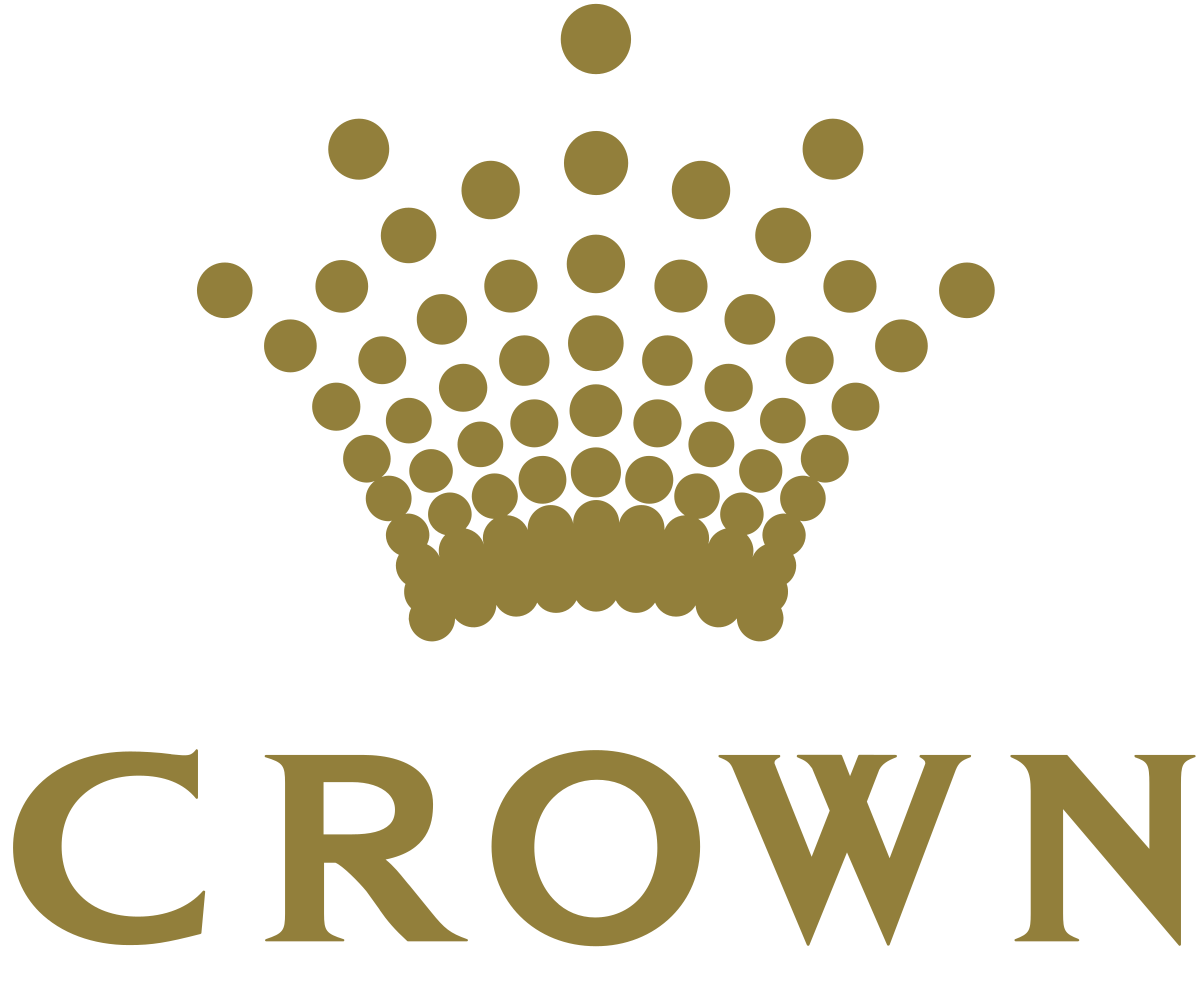





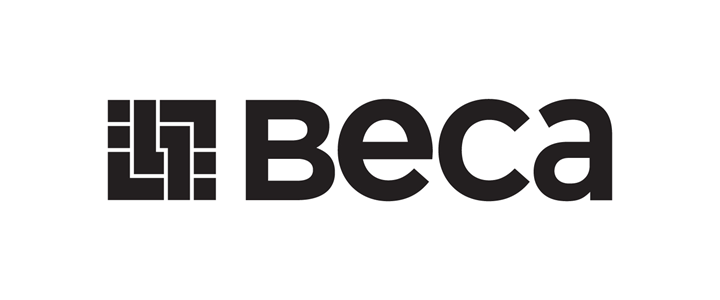



.png)
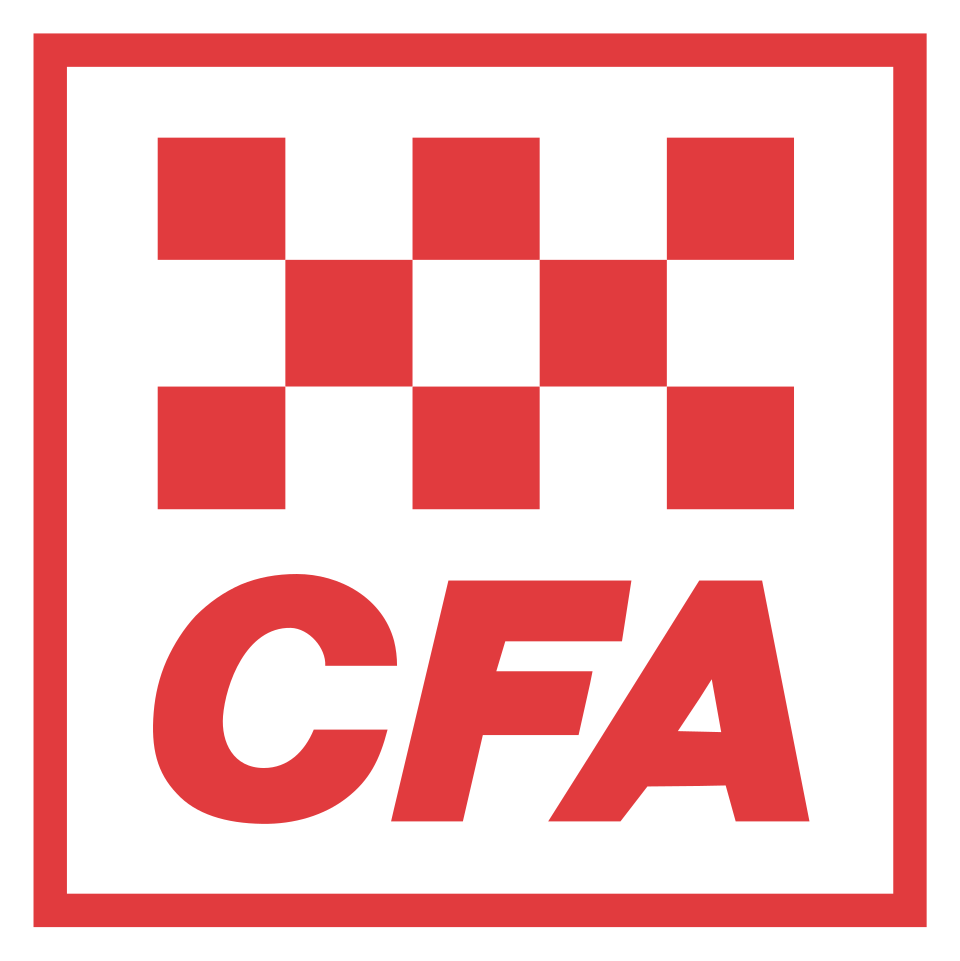
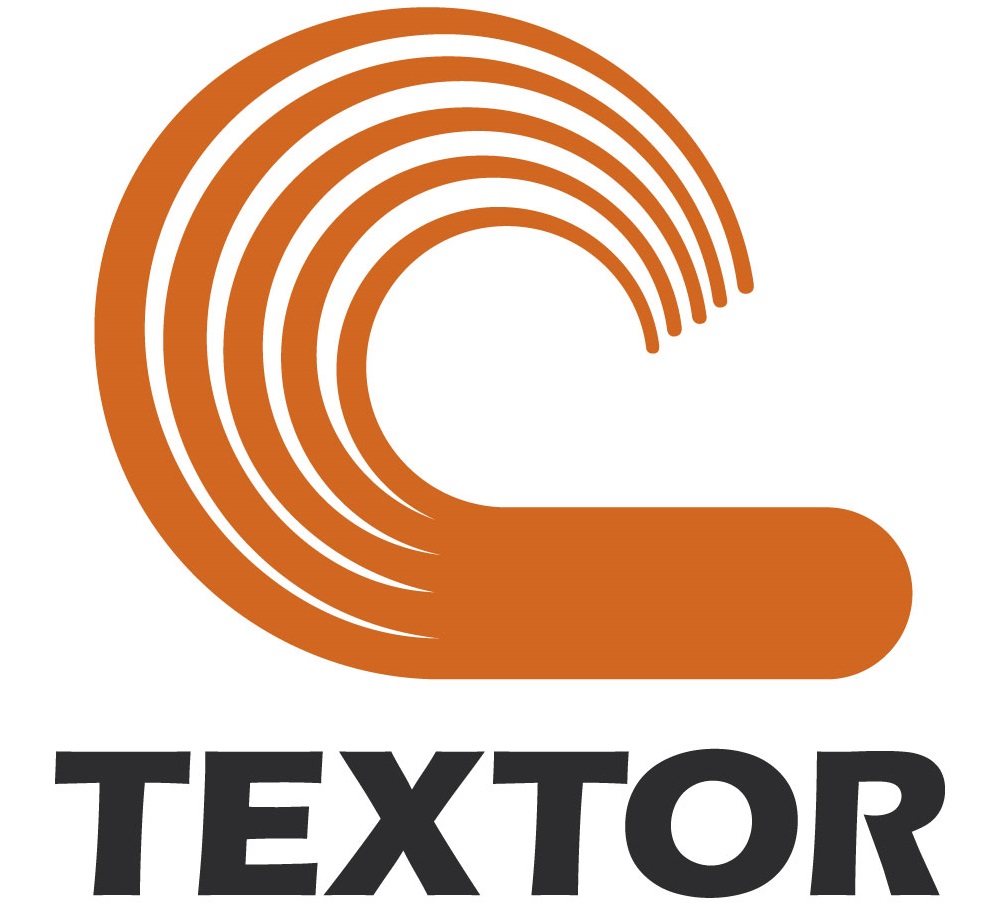































.png)


Two ways to work with us
We partner with organisations and individuals to design HR and leadership solutions that strengthen culture, recruit talent, develop leaders, and elevate performance.

When you’re facing growth, change or tight delivery timelines, deliberatepractice becomes your people‑strategy partner.
- HR Recruitment: High-quality HR talent aligned to your business needs.
- HR Advisory: Expert, practical HR advice to help leaders and People and Culture teams navigate workforce challenges with confidence.
- Outplacement: Support through transition with structured, respectful outplacement that protects people, culture and brand.

Practical support for HR professionals and aspiring leaders at every stage. Personalised coaching and recruitment help you land the right role and grow your influence.
- HR Recruitment: Secure your next P&C career opportunity with an expert HR recruitment partner.
- Executive Career Coaching: Invest in your executive career to help you remain fulfilled, engaged and effective at the highest level.
Solutions that ensure your people strategy delivers real business outcomes.
Need your leaders to have more impact?
Develop leaders and high-performing teams that drive impact, influence decisions, and strengthen organisational culture.
Need help navigating workforce transitions?
Support your people through change with structured transition programs that protect engagement, minimise disruption, and maintain your employer brand.
Why choose deliberatepractice?
We partner with organisations and individuals to design HR and leadership solutions that strengthen culture, recruit talent, develop leaders, and elevate performance.
Support across the full organisation lifecycle
HR advisory, coaching, HR recruitment and outplacement services that evolve with your needs.
A true partnership approach
We listen first, then design practical solutions tailored to your needs.
Specialists in people and culture
Extensive People and Culture experience and deep HR candidate networks to help you navigate complexity with clarity and confidence.
Flexible, scalable support
Engage us for a single project or an embedded long-term partnership.
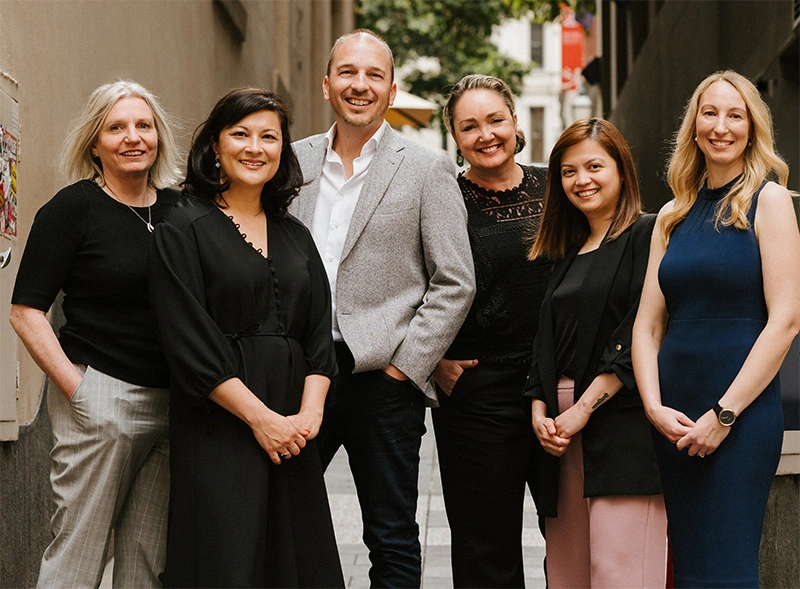
deliberatepractice are genuine partners to achieve our business goals. The team acts like an extension of our company with our peoples’ success in mind. They collaborate with us to increase the potential of our existing leaders and add depth to our bench strength through new talent.
I wanted to thank you for all your efforts in coaching me through redundancy to new opportunity, specifically in your recommendations to improve my resume and my understanding of resume structure.
Thank you deliberatepractice for securing me a great opportunity and offering your continuous support. I would highly recommend deliberatepractice for their professionalism and amazing support.
It has been such a pleasure to spend time learning from you and with my team. We have already all grown so much and the collegiality is very evident.
It was a refreshing experience working with Peter and the deliberatepractice team. I felt well supported and their personal approach made it easy to build rapport.
Upon my redundancy, my company provided an outplacement program with deliberatepractice. Annette helped me figure out my next step and my next ideal career path. My sessions have been really valuable.
deliberatepractice has been engaged for consultancy services for approximately 2 years with Jobs Australia. Their expertise has been utilised extensively by the Board of Directors and CEO.
deliberatepractice is a dedicated HR consultancy who make it their business to know your business. Their professional and collaborative approach has delivered positive outcomes for our business.
I would have no hesitation in engaging deliberatepractice for professional advice and/or further consultancy assignments in the future.
Seven Melbourne has enjoyed excellent service delivery from deliberatepractice over the last 3 years. The personalised service and quick response times to our staff needs are what brings us back to their customised and problem specific approach for outplacement, management coaching, workforce and retirement transitional advice. They work closely with the HR team to deliver great results, ensuring a partnership approach within our business.
We engaged deliberatepractice to run an outplacement program following the redundancy of around 50 positions across numerous locations. A key point of differentiation was the proactive and professional way in which deliberatepractice managed the project.
Our employee going through the deliberatepractice program secured work within a few months time, which is a really positive outcome.
I engaged deliberatepractice to undertake a search for an individual with non-complementary skills. The assignment was taken on with great enthusiasm and delivered a superb result. I was thrilled when deliberatepractice presented me with not only one candidate but a shortlist of candidates who all met the brief.
I was introduced to deliberatepractice recently and found Peter to be very professional, personable and astute. It is clear that deliberatepractice is not just a sales focussed recruitment firm, but they really understand what true HR is about. I recently engaged them for a couple of hard-to-fill, Asia-based roles. They took the time to take a detailed brief, and their shortlist of candidates was well-screened and very strong, compared to what we had been able to find through other sources. My experience throughout the process was very positive and I was provided honest and timely updates and responses as needed. I would definitely recommend deliberatepractice for HR recruitment.
Whenever I have engaged deliberatepractice for career transition they have listened carefully to our unique needs and requirements, and responded efficiently. The combination of flexibility, meaningful advice and considered quality support for our employees has been very evident. I feel confident that our employees feel well supported with the service they receive and for the full duration of their program.
We engaged deliberatepractice recently at our annual Sales Conference to deliver training to our frontline managers. deliberatepractice gave our managers a toolkit that focused on adaptive leadership and a framework to assist them with decision making. Our leaders are better prepared to handle common business problems and are communicating more positively with their team.
We engaged the services of deliberatepractice to find a senior level HR Director for our Asia Pacific operations following a failed search on our own. I was blown away by the quality of candidates deliberatepractice found and I'm positive that we could never have attracted the quality and quantity of candidates on our own. The slate of candidates ranged from good, better to best and our choice was very difficult. I literally wanted to interview everyone! We were extremely happy with our final candidate and he's doing an amazing job for us - I wouldn't hesitate to recommend Peter and the team to anyone.
Great team that is always there for us and ready to help with any challenging issues we come across. They are very client focused and seek to understand our unique business requirements in each case prior to giving advice. Outstanding service, very reliable and pleasure to do business with.
As a candidate with deliberatepractice, I have been really impressed with the support and the service I have been provided with. It has been a real personal and genuine experience.
I have worked with deliberatepractice when heading up the HR department/function in various companies, during significant periods of organisational change. It is a pleasure to partner with a group of people that have empathy and compassion for all stakeholders involved. They easily navigate through the ups and downs of change while having some fun along the way.
Client success stories
What clients say about working with us
View our latest job listings
What matters in HR
Practical articles on hiring, people strategy and leadership. Insights you can use today.
Get in touch
We partner with you to design a solution that fits.
Not in Melbourne? We have offices all over Australia and New Zealand. Send us a message and we’ll link you with the right representative
FAQs
Quick answers about our process and outcomes, reach out if you want further clarity on our services.
We provide HR recruitment, HR advisory, outplacement, leadership development, executive coaching and psychometric assessments to help organisations recruit, retain and develop talent.
We partner with organisations of all sizes and HR professionals, senior leaders and individuals seeking career support - from startups through to large enterprises across sectors.
We start by listening: clarifying context and goals, diagnosing capability gaps, then designing practical, measurable solutions that align to your strategy and culture.
We can mobilise quickly for short projects or embed as an ongoing partner - from immediate interim roles and rapid search to longer-term advisory and development programmes.
Expect clearer hiring decisions, faster leader integration, stronger leadership capability, protected employer brand during transitions, and measurable improvements in performance and retention.


.png)

